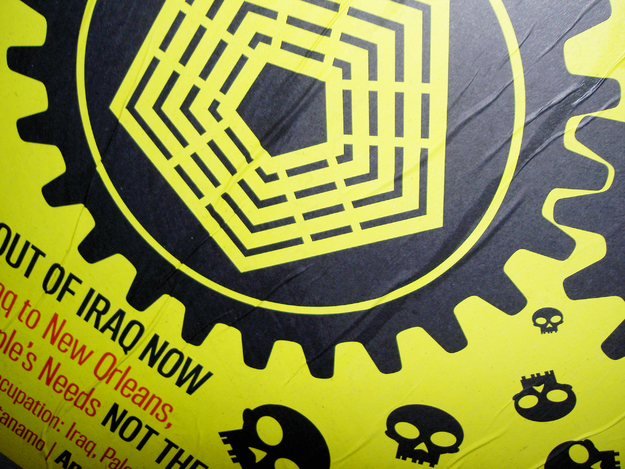Following the invasion of 2003 many of Iraq’s museums, art galleries, art school, in fact many tourist attractions celebrating culture, amongst others were closed. It has simply not been safe enough to open and bombings and terrorist activities have kept those doors closed.
Galleries
The long running Iraqi art has prevailed though and Baghdad now hosts several dozen private galleries, up from the two galleries that existed in the city before the Saddam's years of embargo along with several state-owned galleries including the Saddam Center for Fine Arts.
Education
Universities have been affected too, along with other institutes of education such as schools and art schools. It is often too dangerous to move around the cites to attend, however Baghdad is the most important centre of learning in Iraq with the University of Baghdad (established in 1957), al-Mustansiriyya University (established in 1963) and the University of Technology (established in 1974).
There are more than 1,000 primary schools in the Baghdad governorate, hundreds of intermediate and secondary schools, several vocational schools, technical institutes, and in addition to the three universities, the al-Bakr Military Academy.
Institutions offering cultural education in Baghdad include the Academy of Music, Institute of Fine Arts and the Music and Ballet School Baghdad.
Museums
Baghdad is also home to a number of museums which housed artifacts and relics of ancient civilizations. Sadly, many of these were stolen, and the museums looted, during the widespread chaos immediately after U.S. forces entered the city.
A concrete case
The Baghdad Zoo was the largest zoo in the Middle East. Within eight days following the 2003 invasion, however, only 35 of the 650 to 700 animals in the facility survived. This was a result of theft of some animals for human food, and starvation of caged animals that had no food or water. Survivors included larger animals like lions, tigers, and bears. Notwithstanding the chaos brought by the invasion, South African Lawrence Anthony and some of the zoo keepers cared for the animals and fed the carnivores with donkeys they had bought locally. Eventually, Paul Bremer, Viceroy of Iraq from May 11, 2003 to June 28, 2004 ordered protection of the zoo and U.S. engineers helped to reopen the facility.
